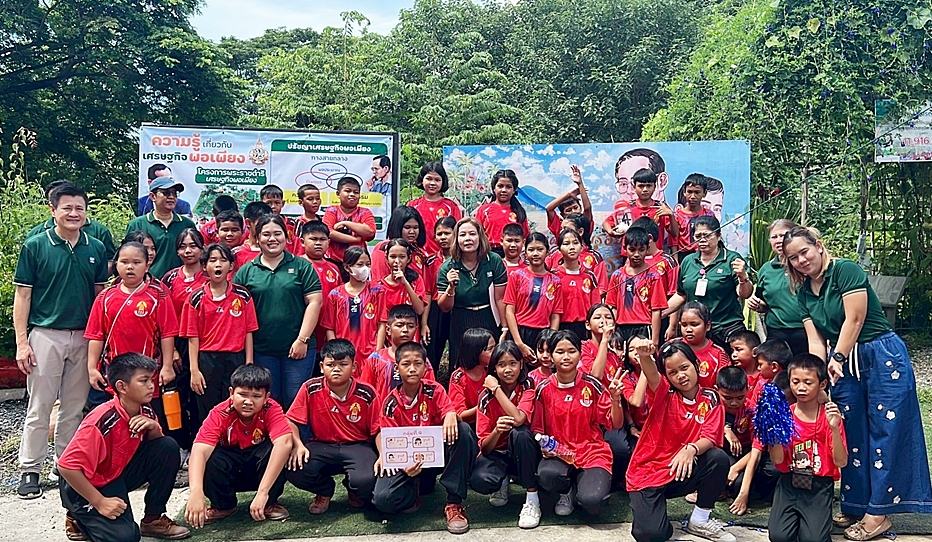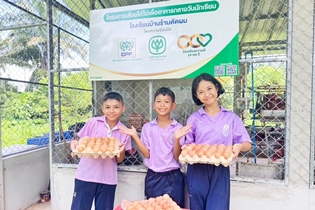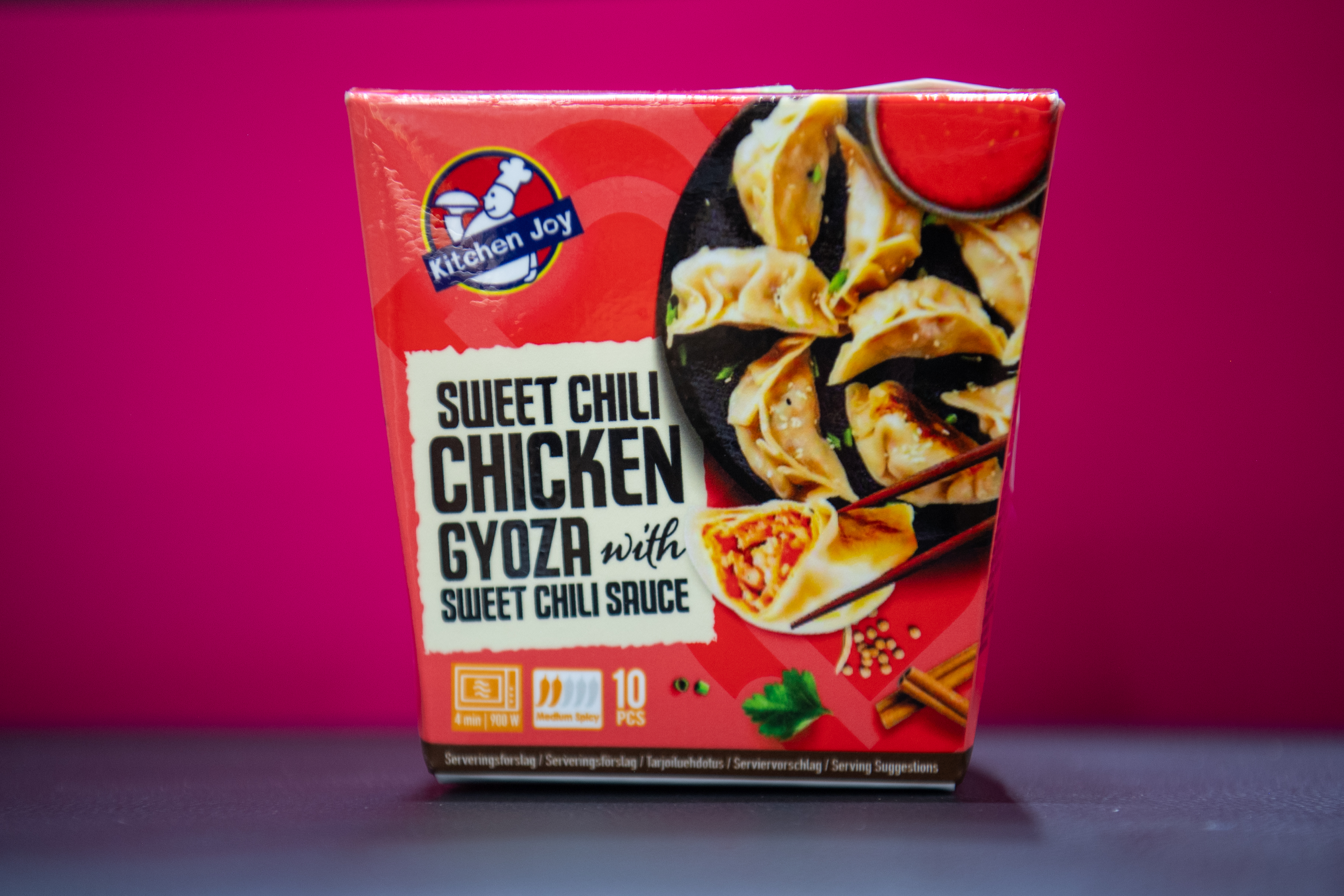

Charoen Pokphand Foods Public Company Limited (CP Foods) is committed to implementing water management approaches by embracing advanced technologies and adopting the 3R principles of Reduce, Reuse and Recycle to increasing water use efficiency in production processes in accordance with international standards, to mitigate water loss from the production processes and to reduce water resource withdrawal. In the previous year, the company was able to increase its use of recycled and reused water in the production process, which contributed to its efforts to safeguard long-term water security. Kobboon Srichai, Head of Corporate Affairs & Investor Relations at CP Foods said the company put the water stewardship in place for both internal and external use according to circular economy and 3R principles by reducing water consumption (Reduce), utilizing recycled water from various treatment systems (Recycle) and reusing water that has undergone minimal or no treatment processes (Reuse). With the water optimization management technology investment help the operations in Thailand, Vietnam, Cambodia, India, the Philippines, Malaysia, Türkiye and Laos were able to meet their water-use efficiency targets by increasing the amount of reused and recycled water to 55 million metric tons in the previous year.
CP Foods has embraced innovation and technology solutions in optimizing water use in its business coupled with utilizing treated water for non-food production activities in both livestock and aquatic operations such as watering plants, cleaning road surfaces at farm and plants. It has applied ultrafiltration (UF) technology and the reverse osmosis water filtration system to improve treated water quality to meet the water utility organization standard for use in utility system processes that do not involve direct food contact, such as water-cooling systems and cleaning equipment. Kobboon explained that the swine, poultry, layer, and aquaculture businesses are continuously developing innovations and technologies to reduce water consumption in operations and meet both short-term and long-term water withdrawal goals. For example, the swine business could use treated water from a biogas production system instead of water from natural sources, saving over 3.5 million metric tons annually, as well as shared the treated water to communities for agricultural use. Before entering the covered lagoon of the biogas system, the layer farms mixed biogas wastewater with chicken manure to reduce the amount of fresh water used by the system. At the chicken hatchery, a new washing machine was installed to increase the water efficiency of cleaning equipment and tools. As part of its sustainable water management initiatives, the company has encouraged its employees to maximize water efficiency in an effort to assist the community in restoring its water resources. “CPF operates integrated agro-industrial and food businesses that depend directly and indirectly on water resources, such as the use of water for animal husbandry, steam boilers, cooling systems, forage cultivation in upstream activities, and the water consumption of business partners.
The company therefore prioritizes the management of sustainable use of water resources in line with the item 6 of Sustainable Development Goals, ensuring that water is managed sustainably, which includes protecting and restoring ecosystems related to water sources,” added Kobboon ./







_1752829776.jpg)

